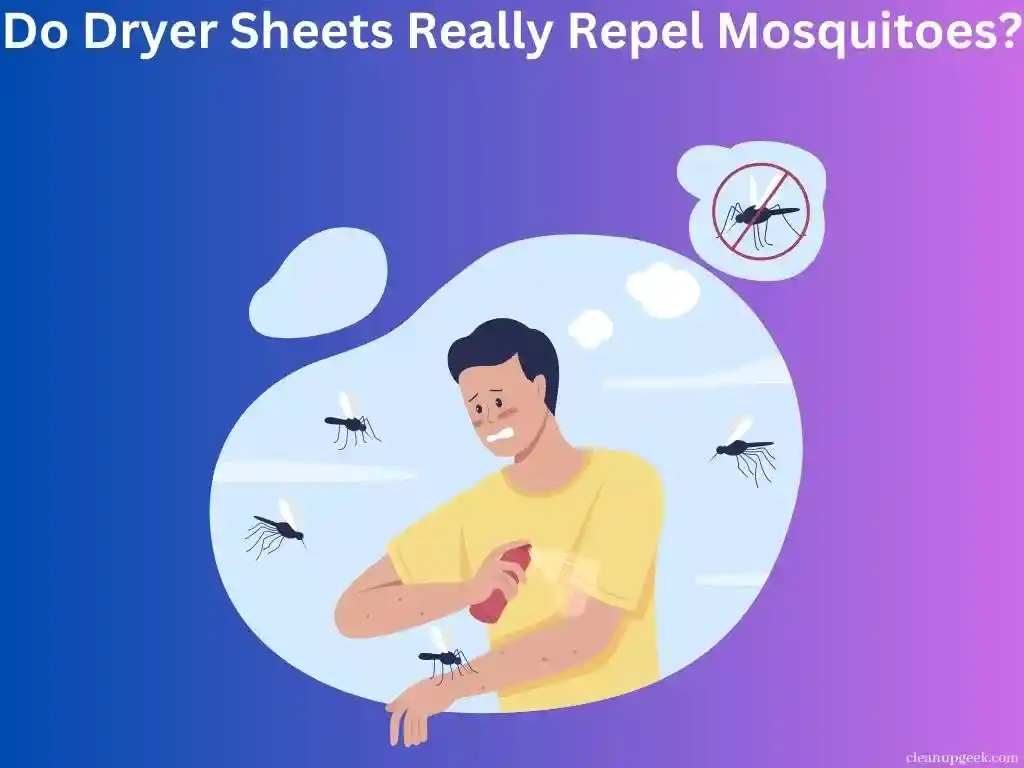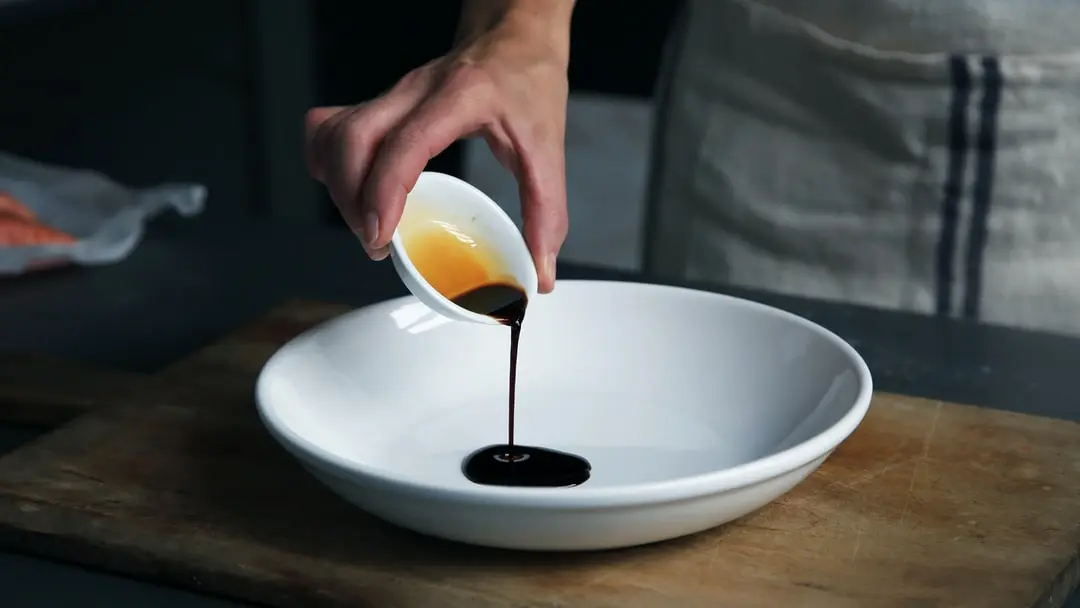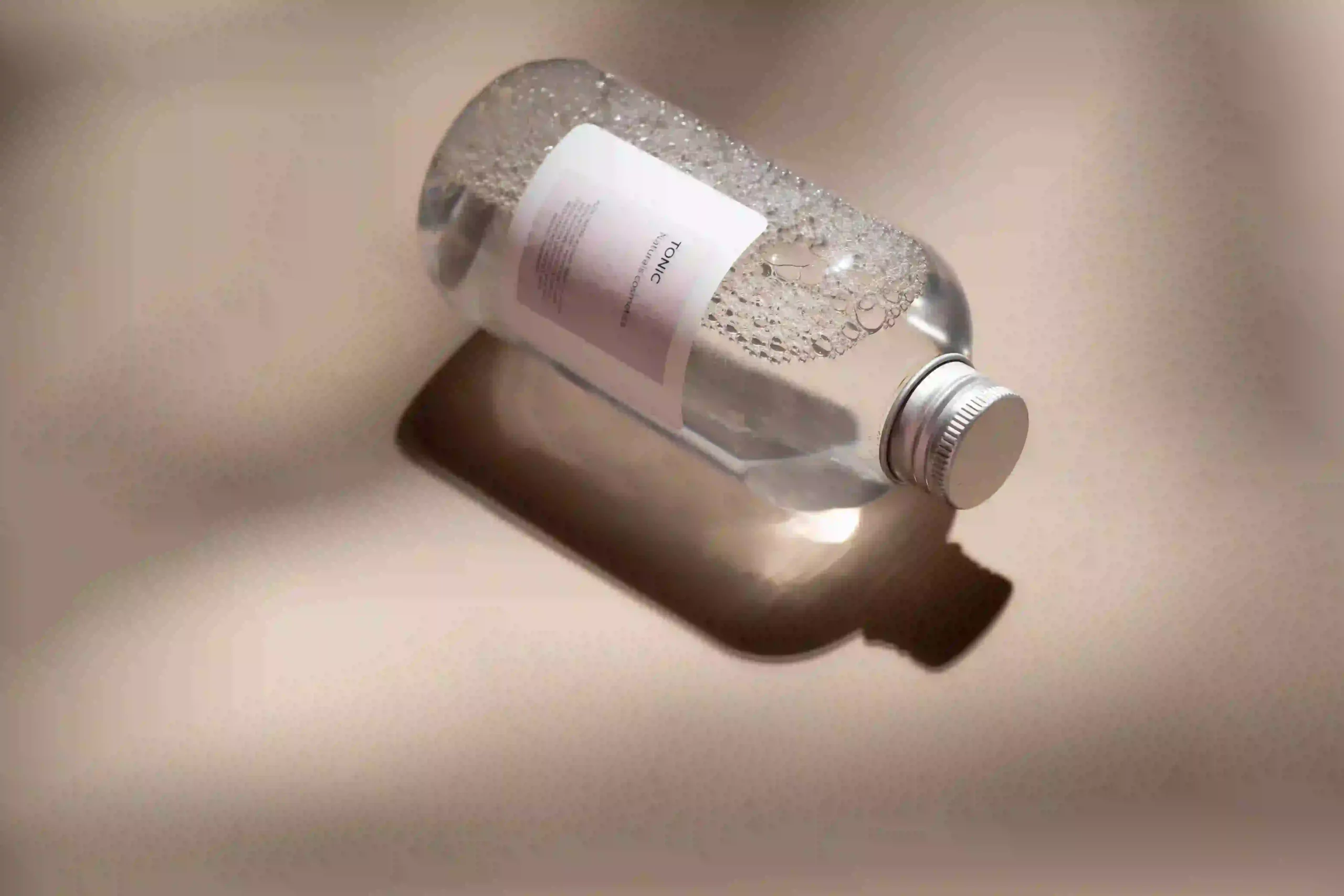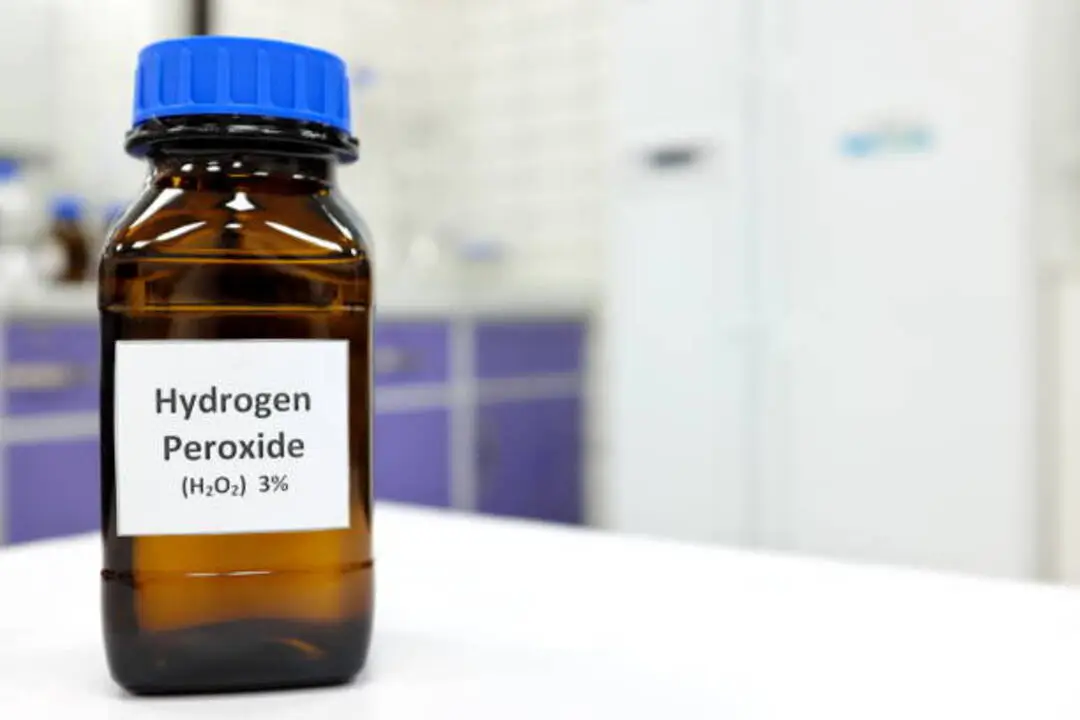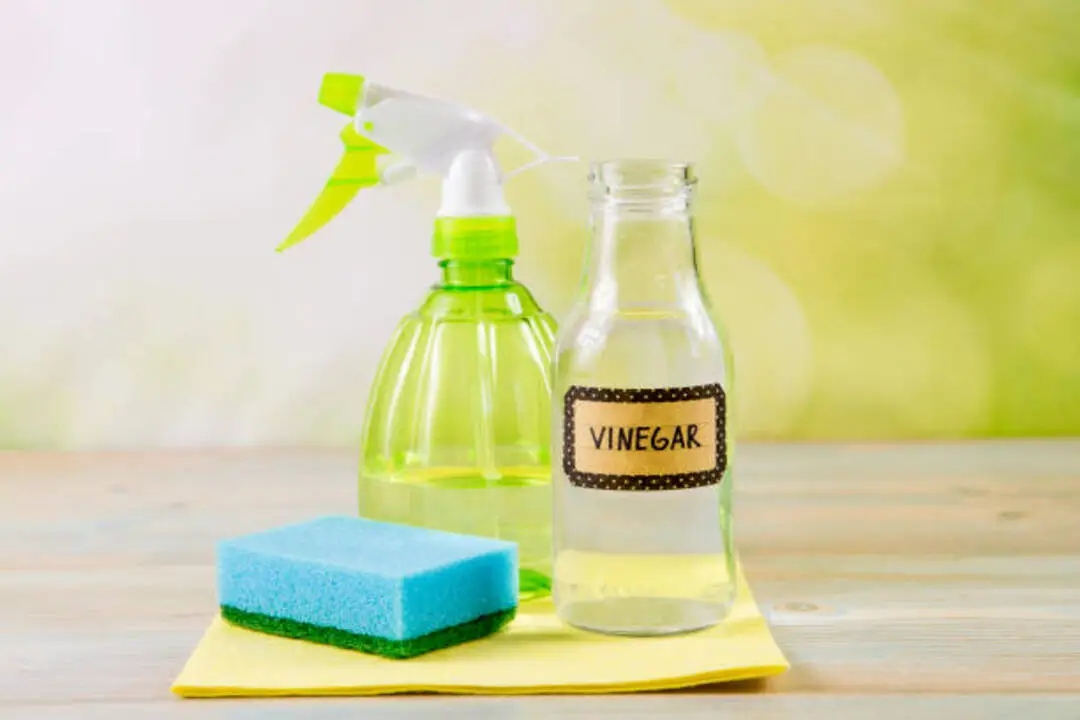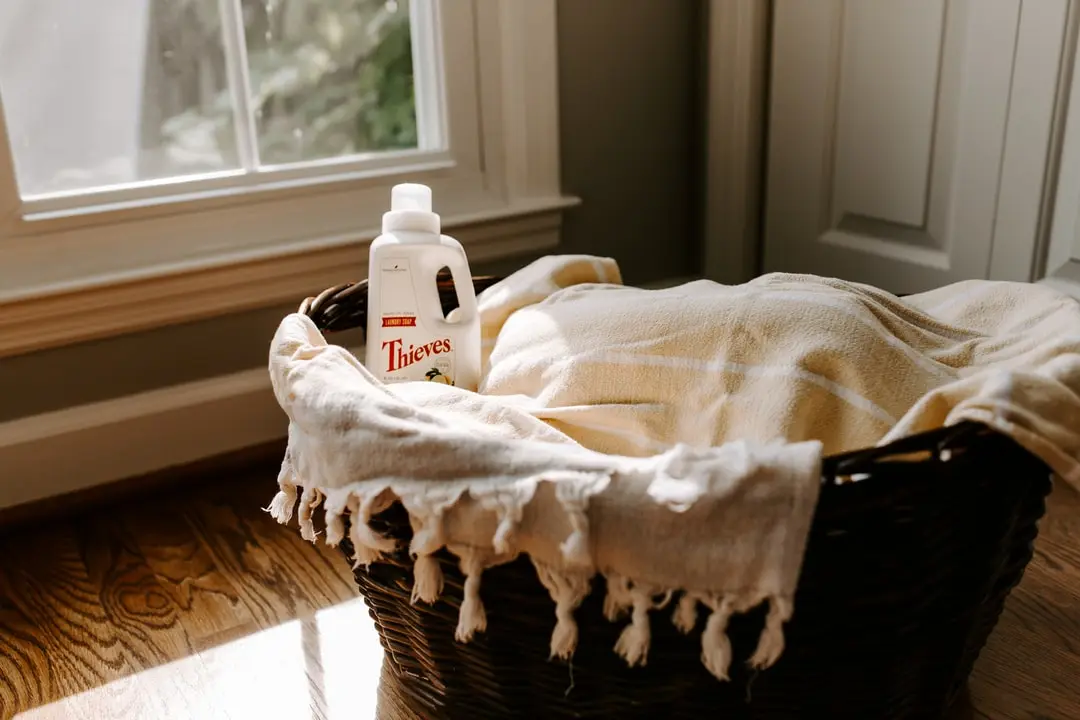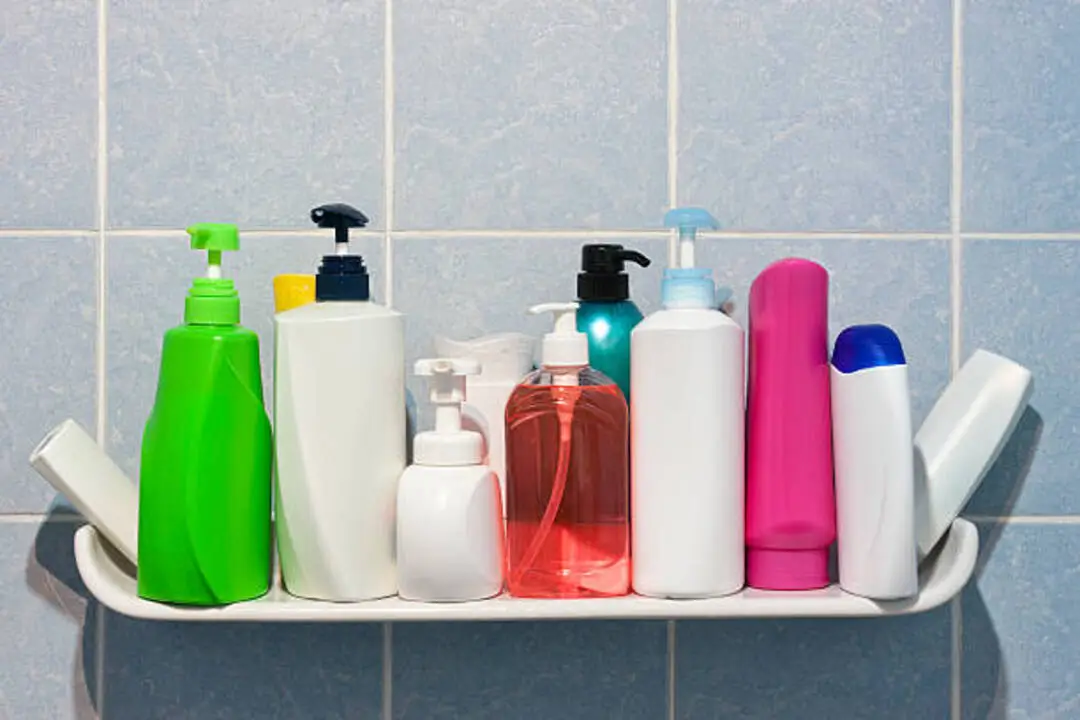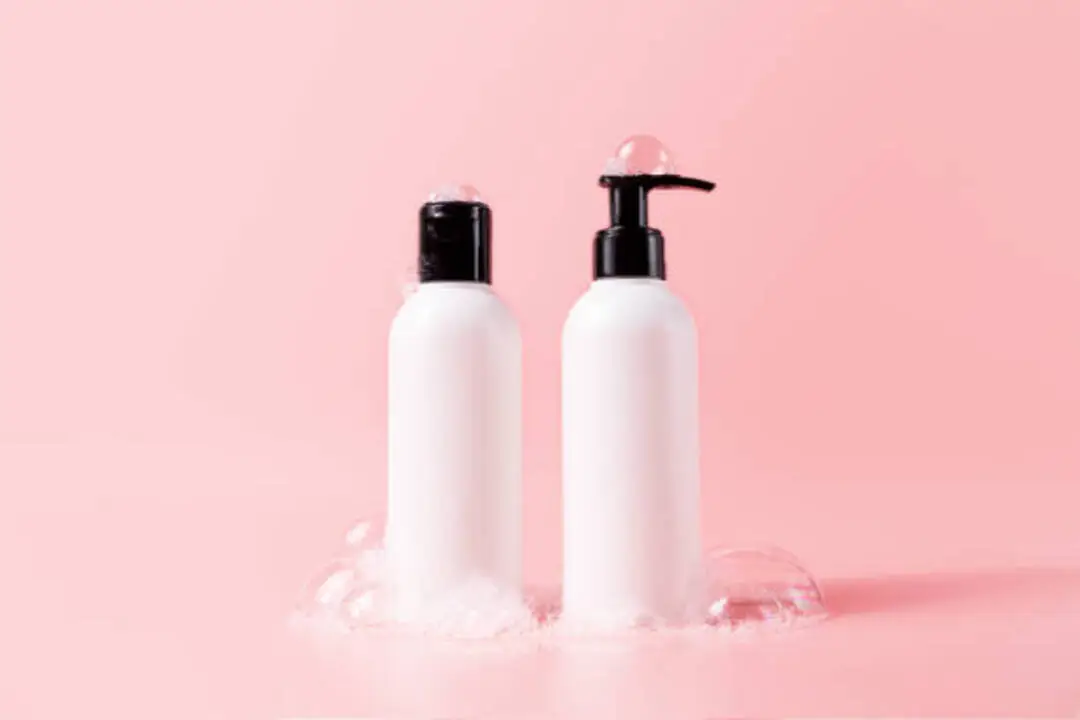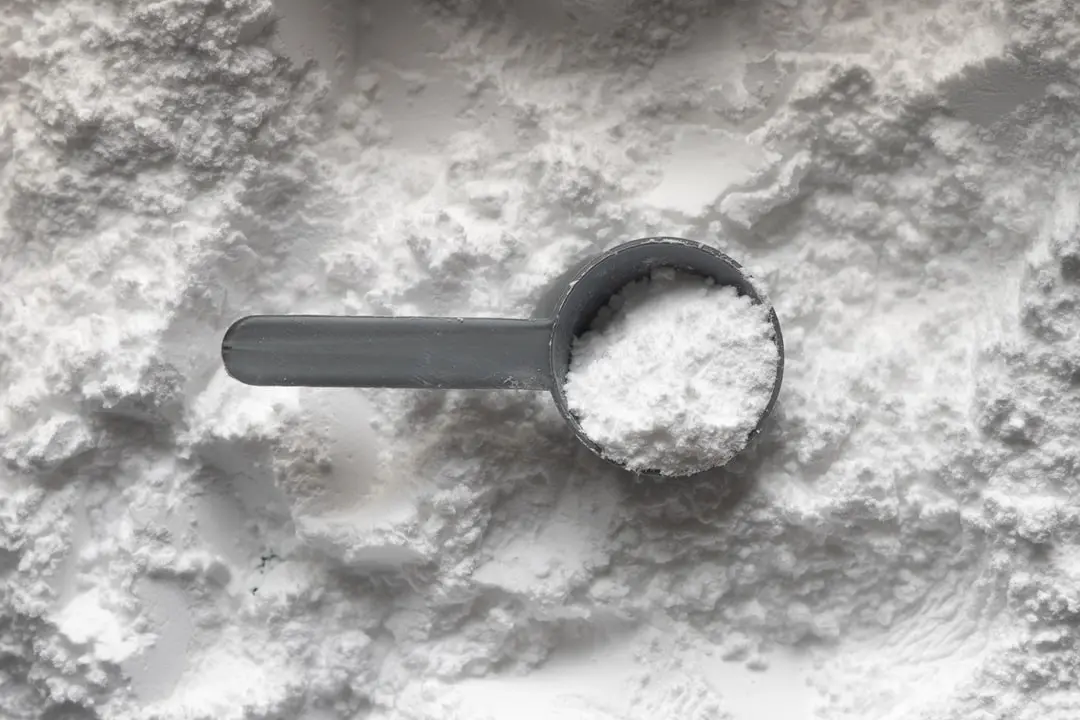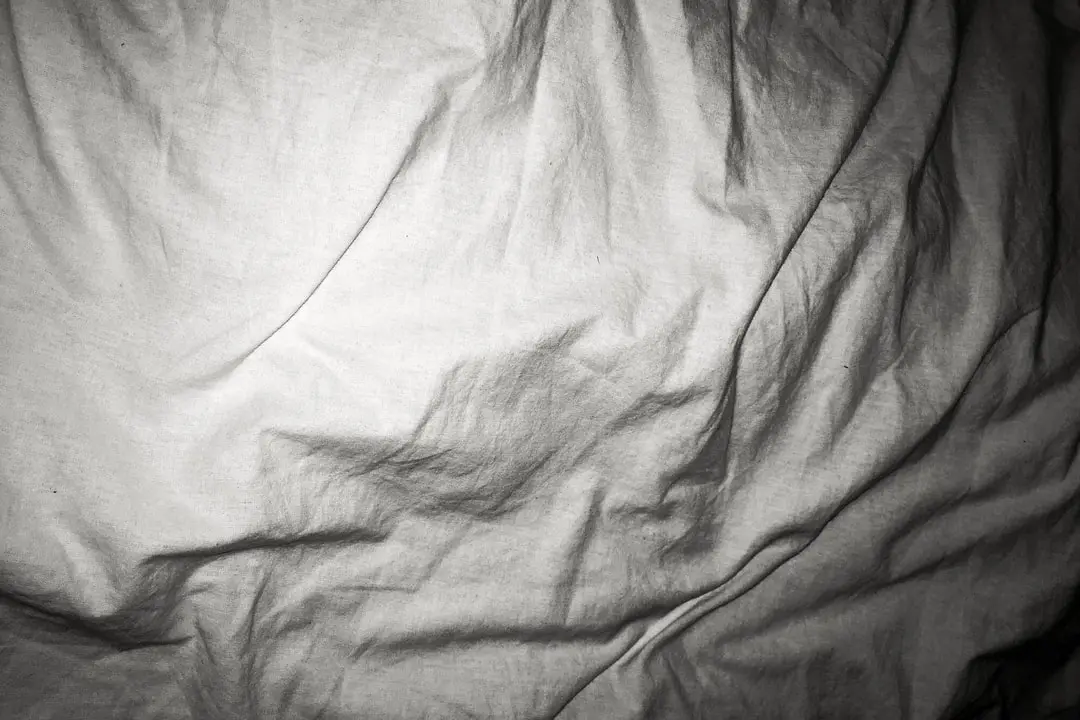Ever swatted away mosquitoes only to wonder if your dryer sheets could come to the rescue? It’s an enduring myth—the idea that these laundry essentials can also double as bug repellents.
This blog post aims to debunk or confirm the truth about this popular claim, giving you a clear understanding of whether dryer sheets truly repel mosquitoes. Don’t shy away from the truth; let’s dive in and explore what science has to say!
Key Notes
- Dryer sheets may contain chemicals that have potential mosquito-repelling properties, but scientific evidence supporting their efficacy is lacking.
- While certain chemicals in dryer sheets, like linalool and citronella, can repel pests, their effectiveness against mosquitoes is uncertain.
- Dryer sheets provide limited and short-term protection against mosquitoes and are not recommended for outdoor use or prolonged periods.
- For better and longer-lasting protection against mosquitoes, it is advisable to use proven repellents such as DEET-based products or natural options like citronella or eucalyptus oil. Additionally, utilizing mosquito nets and screens can help keep mosquitoes at bay.
The Science Behind Dryer Sheets and Mosquito Repellency

There is a lack of scientific evidence supporting the claim that dryer sheets have repellent properties against mosquitoes.
Lack of scientific evidence
Not many tests have looked at dryer sheets and mosquitoes. Some studies did find chemicals in the sheets that keep bugs away. But it’s not clear how well these work against mosquitoes.
More research needs to be done. It’s also hard to tell how far a sheet can keep bugs away. So, using tried-and-true bug sprays might be best for now.
Potential repellent properties (linalool, beta-citronellol, hedione)
Some dryer sheets contain chemicals like linalool, beta-citronellol, and hedione, which have been found to repel mosquitoes. These substances are also present in other mosquito repellents like citronella.
Linalool is the main ingredient in dryer sheets that might repel pests. However, it’s important to note that the effectiveness of these chemicals in dryer sheets as mosquito repellents has not been extensively studied.
While they may have some potential for repelling insects, it’s recommended to use proven mosquito repellents for better and longer-lasting protection against mosquitoes and other pests.
Effectiveness of Dryer Sheets as Mosquito Repellents

Dryer sheets have limited efficacy as mosquito repellents and only provide short-term protection.
Limited efficacy
Dryer sheets may not be very effective in repelling mosquitoes and other insects. While some studies suggest that certain chemicals in dryer sheets, like linalool and citronella, can repel pests, their effectiveness against mosquitoes is still uncertain.
It’s important to note that the repellent properties of dryer sheets have not been extensively studied. While they may provide short-term protection indoors, they are unlikely to offer long-lasting or reliable protection in outdoor settings.
To ensure better and more sustained mosquito protection, it is recommended to use proven mosquito repellents specifically designed for this purpose.
Short-term protection
Dryer sheets may offer some short-term protection against mosquitoes and other insects. Some dryer sheets contain chemicals like linalool, beta-citronellol, and geraniol, which are known for their mosquito-repellent properties.
However, the effectiveness of dryer sheets as long-lasting repellents is still uncertain. Studies have not extensively researched the efficiency of dryer sheets in repelling mosquitoes over an extended period or in outdoor settings.
While they may provide temporary relief from insect bites, it is recommended to use proven mosquito repellents for better and longer-lasting protection against mosquito-borne diseases.
Ineffectiveness in outdoor settings
Dryer sheets may provide some protection against mosquitoes, but they are generally ineffective in outdoor settings. While these sheets contain chemicals that might repel insects, they do not work well when you’re outside where mosquitoes are most active.
Studies have shown that dryer sheets offer limited efficacy and only provide short-term relief from mosquito bites. They may work better indoors or in enclosed spaces, but for effective mosquito repellency outdoors, it is recommended to use proven insect repellents like DEET-based products or natural alternatives such as citronella and eucalyptus oils.
Mosquito nets and screens can also be helpful in keeping these pesky bugs at bay.
Alternative Mosquito Repellent Options
Consider using DEET-based repellents, natural options such as citronella and eucalyptus, or utilizing mosquito nets and screens to protect yourself from mosquitoes.
DEET-based repellents
DEET-based repellents are one of the most effective options for repelling mosquitoes and other insects. DEET is a chemical that has been widely used for decades and has proven to be highly successful in preventing mosquito bites.
It works by masking the scent of human skin, making it difficult for mosquitoes to detect and target us. DEET-based repellents come in various formulations, such as sprays, lotions, and wipes, making them convenient to use.
They offer long-lasting protection and are recommended for outdoor activities or areas with a high mosquito population. Using DEET-based repellents can help reduce the risk of mosquito-borne diseases like Zika virus and West Nile virus.
Natural repellents (citronella, eucalyptus)
Citronella and eucalyptus are two natural repellents that are often used to ward off mosquitoes. Citronella is derived from a type of grass, while eucalyptus comes from the leaves of certain trees.
These repellents work by emitting strong scents that mosquitoes dislike, causing them to stay away. However, it’s important to note that the effectiveness of these natural repellents can vary depending on factors such as concentration and application method.
While citronella and eucalyptus may provide some protection against mosquitoes, it is recommended to use proven mosquito repellents for better and longer-lasting results.
Mosquito nets and screens
Mosquito nets and screens are effective tools for keeping mosquitoes out of your home. They create a physical barrier that prevents mosquitoes from entering through windows, doors, or other openings.
Mosquito nets can be hung over beds to protect you while sleeping, while screens can be installed on windows and doors to keep mosquitoes outside. These barriers not only block mosquitoes but also other insects like gnats and flies.
They provide a long-lasting solution for mosquito control without the need for chemical repellents. By using mosquito nets and screens, you can enjoy a pest-free environment inside your home while still being able to let fresh air in through open windows and doors.
Frequently Asked Questions

1. Do dryer sheets really repel mosquitoes?
No, dryer sheets are not proven to effectively repel mosquitoes. Their strong scent may temporarily mask the mosquito’s attraction to humans, but they do not provide reliable protection against mosquito bites.
2. Can I use dryer sheets as a natural mosquito repellent?
While some people claim that using dryer sheets can help repel mosquitoes, there is no scientific evidence to support this. It’s best to rely on proven mosquito repellents such as DEET or picaridin for effective protection.
3. What are some effective ways to prevent mosquito bites?
To prevent mosquito bites, you can wear long sleeves and pants, use insect repellents containing DEET or picaridin, stay indoors during peak biting times (dawn and dusk), and remove any standing water around your home where mosquitoes breed.
4. Are there any other alternatives for repelling mosquitoes naturally?
Yes, there are natural alternatives that have been shown to repel mosquitoes such as citronella candles, lemon eucalyptus oil, and lavender oil. However, their effectiveness may vary and it’s important to follow instructions carefully when using them for protection against mosquitoes.
Conclusion and final thoughts 💭
In conclusion, while some dryer sheets may contain chemicals that have mosquito-repelling properties, the effectiveness of using them as a standalone mosquito repellent is limited.
They may offer short-term protection indoors against certain insects like gnats, but they are not recommended for outdoor use or extended periods.
For better and longer-lasting protection against mosquitoes, it is advisable to use proven mosquito repellents such as DEET-based products or natural options like citronella or eucalyptus oil.
Additionally, utilizing mosquito nets and screens can also help keep these pests at bay.
